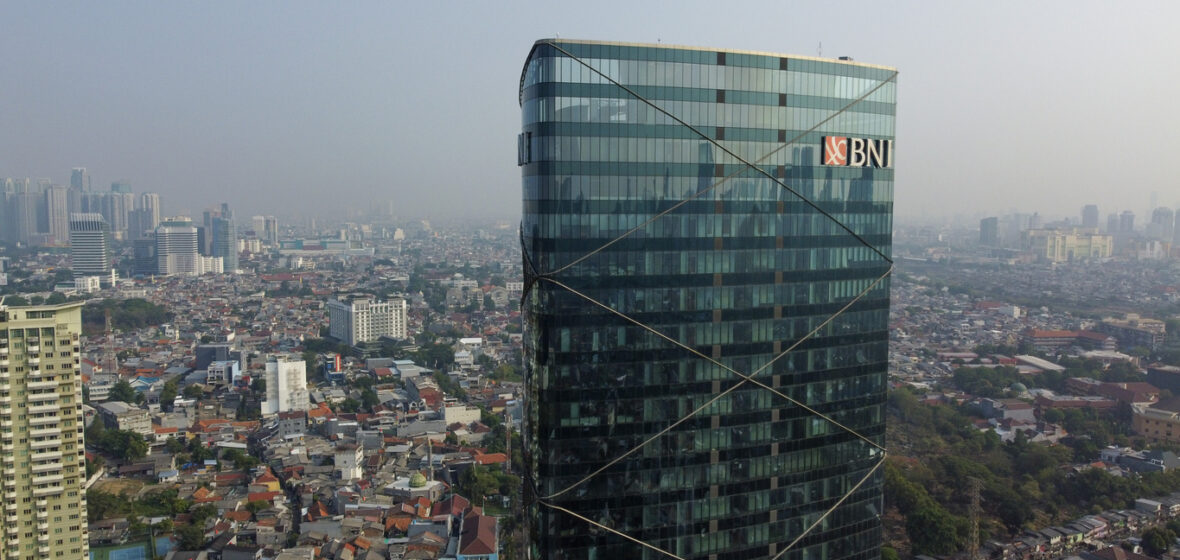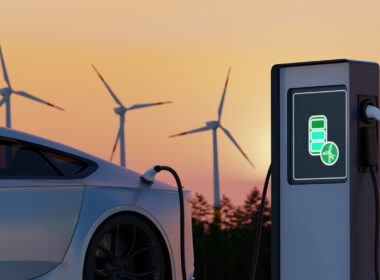Indonesia's presidential election on February 14 will determine the future of the world's third largest democracy.
The election will not only determine the future president and vice president, but the 20,000 national, provincial and district parliamentary representatives. Bali is a favoured tourism destination for Australians, but well beyond its appeal as a holiday destination, Indonesia is a vast and diverse country consisting of 17,000 islands, 1,340 ethnic groups, and 652 local languages.
Every five years, close to 200 million voters cast their ballots in a largely fair electoral process. Still, Indonesia’s rulers largely comprise military, political and business leaders who established a foothold during Suharto’s authoritarian rule and barriers to new entrants to the electoral process ensure that the same powerful men maintain their capacity to influence Indonesia’s policies.
The 2024 election will be overseen by the legally independent government body, the General Elections Commission (KPU). In mid-2023, the KPU announced that there were nearly 205 million registered voters expected to attend one of close to 823,000 polling stations, with nearly 1.6 million voters registered overseas.
Former military leader and Suharto-associated Subianto leads race
Opinion polls have broadly revealed former army lieutenant general and current Minister of Defence, 72-year-old Prabowo Subianto of the Advanced Indonesia party to be ahead of the parties Change for Unity and Alliance of Parties. Commonly considered a right-wing nationalist, Subianto, the former son-in-law of President Suharto (1966 to 1998), was dishonourably discharged from the military in 1998, nearly 30 years into his military career, on the basis of human rights violations in East Timor. He has failed on three occasions since then to contest the presidency: 2009, 2014, and 2019.
When he refused to accept his 2019 defeat, he spurred dangerous riots in Jakarta before ultimately joining the cabinet as Minister of Defence the same year.
In contrast, Joko Widodo (or “Jokowi”) defied the powerful status quo when he was elected as the seventh Indonesian president in October 2014. The popular president had a compelling story, which romanced the Indonesian populace. Born and raised in a poor family in Surakarta, he attended Gadjah Mada University and pursued various jobs as a carpenter and furniture exporter before successfully running for mayor of Surakarta in 2005. He went on to be elected governor of Jakarta in 2012 on a platform of fighting corruption, improving healthcare accessibility, low-income housing, and the quality of infrastructure and transport.
‘Jokowi’ was popular but flawed
Despite being awarded the Global Citizen Award from American think tank, the Atlantic Council, in September 2022, Jokowi’s reign has not been without controversy, with ongoing concerns over freedom of speech being tempered by heavy military, political and police retaliation for acts deemed as offensive to officials. The ongoing violence and threats towards Papua and West Papua provinces have resulted in international criticism. In 2019, the government’s plans to resurrect a Dutch colonial law that would permit imprisonment for insulting the president resulted in widespread protests.
Though he was initially celebrated for his promises to reform government and ensure greater social and economic prosperity, the Washington nonprofit organisation Brookings Institute claims Widodo has “presided over a period of democratic regression and increasing illiberalism”, largely owing to the increasing influence and power provided to the military and retired officers entering the political sphere. The media’s freedom has also been curtailed under Widodo’s reign, with concerns Subianto’s presidency may result in even more restrictions upon free press and civil liberties.
Internationally, Widodo has taken clear sides in some global conflicts, while maintaining a bipartisan approach in others. On November 14 last year, Jokowi called for a ceasefire in the Israel–Hamas war, “for the sake of humanity”, and urged US President Joe Biden to do more to end “atrocities” in the Gaza Strip during a White House press conference. In Jakarta in 2016, he released a statement calling for the Muslim leaders at the Organisation of Islamic Cooperation summit meeting to unite in reconciliation and push for Palestinian independence. He has also been outspoken in condemning the persecution of the Rohingya population in Myanmar, while taking a more ambiguous approach to the Russia-Ukraine war; visiting both countries and meeting with both Volodymyr Zelenskyy and Vladimir Putin.
Young voters
Young voters represent 52 per cent of the 204,807,222 registered voters and for the first time, more than half the electorate is between 17 and 35 years old. Foremost in the minds of young voters are societal welfare, job opportunities, the eradication of corruption, democracy and civil liberties, health, and environmental concerns according to a survey undertaken by the Centre for Strategic and International Studies (CSIS) in August 2022.
Lydia Santoso, a senior lawyer at Nicholas George Lawyers, is in her ninth year on the board of the Australia-Indonesia Institute (AII), the current chair of the NSW chapter of the Australia Indonesia Business Council, a board member of Australian Consortium of ‘In-Country’ Studies Indonesian Studies (ACICIS), founding Chair of Balai Bahasa & Budaya Indonesia NSW and former vice President of the Australia Indonesia Association.
Santoso was born in Jakarta and raised in Cessnock, which is where she went to school while visiting Jakarta for her holidays. She has worked as a lawyer in both Australia and Jakarta. After working with international firms with offices in Jakarta, she returned to Australia to work with her husband at Nicholas George Lawyers in 2008. She is not eligible to vote in the Indonesian election.
Of Widodo, she says, “His popularity ratings right now are phenomenal, which stemmed from his time as governor of Jakarta. He was not a seasoned politician, which was a first in Indonesia. He is a businessman. At the time [he was first elected] he had no political ties, so he was free to do whatever he wanted and his vision for the city was incredible. He put measures in place like the Medicare-style healthcare system and he did a lot for education, including this national program, Kartu Indonesia Pintar (KIP) where public school students would get a bunch of resources, which had never happened before.”
Santoso says things have changed since the early years, with Widodo becoming a “shrewd leader” in the past few years, tainted by the recent controversy-plagued attempt to get his son into the candidate race. It was a means of extending his tenure through his son, having failed to change the constitution.
“When he became president, he had to play in alignment with a political party. He had to toe the line with Megawati [Sukarnoputri, former president of Indonesia] and the power that she had, and her policies, so he struggled a little bit in the beginning. His popularity is around 80 percent now, which is why he tried to extend his presidency. He tried to change the constitution, but that didn’t fly, which I thought was interesting.”
What is more interesting to Santoso is the unusual alliance that has formed between Widodo and Subianto, who Santoso refers to as ‘Prabowo’.
“Prabowo has lost twice to Jokowi and given his age and his health, this is his last shot at it I think. He comes from a very influential, elite Javanese family. He’s very intellectual, and I think he’s playing the game. He is saying all the right things to try to garner Jokowi’s support. He’s given his word that he’ll continue with Jokowi’s policies. I wonder whether if he’s elected, that will all change in an instant. Is his allegiance to Jokowi that deep?”
One of the commitments Subianto appears to support is transforming Nusantara, in East Kalimantan, into Indonesia’s new capital city.
“Jokowi wants his legacy to be moving the capital by 2045. He has passed all the legislation he needed to make sure it goes ahead. It’s not popular in Jakarta, nor within the public service, but this is what he’s hung his hat on. Prabowo has promised that he’ll pursue this, whereas the other two candidates aren’t that crash-hot on it, especially since the budget is blowing out on making that happen and there are other issues that need to be addressed.”
Santoso reflects that “Indonesia is so different now to the Suharto era, the New Order. Now, there’s a stable democracy and government. But, after a decade of Jokowi, will Prabowo do a 180 degree turn?”
“I hope Prabowo sees the modern Indonesia and progresses it rather than indulging in self-interests. If he is elected, it’s better for the Australia – Indonesia relationship. I don’t think much would change if Prabowo came into power. It would be business as usual,” she says.
Update: On February 15 Prabowo claimed victory in the race, after a preliminary tally showed a landslide victory. Current President Widodo’s son, Gibran Rakanuming Raka, will be Indonesia’s vice-president.




